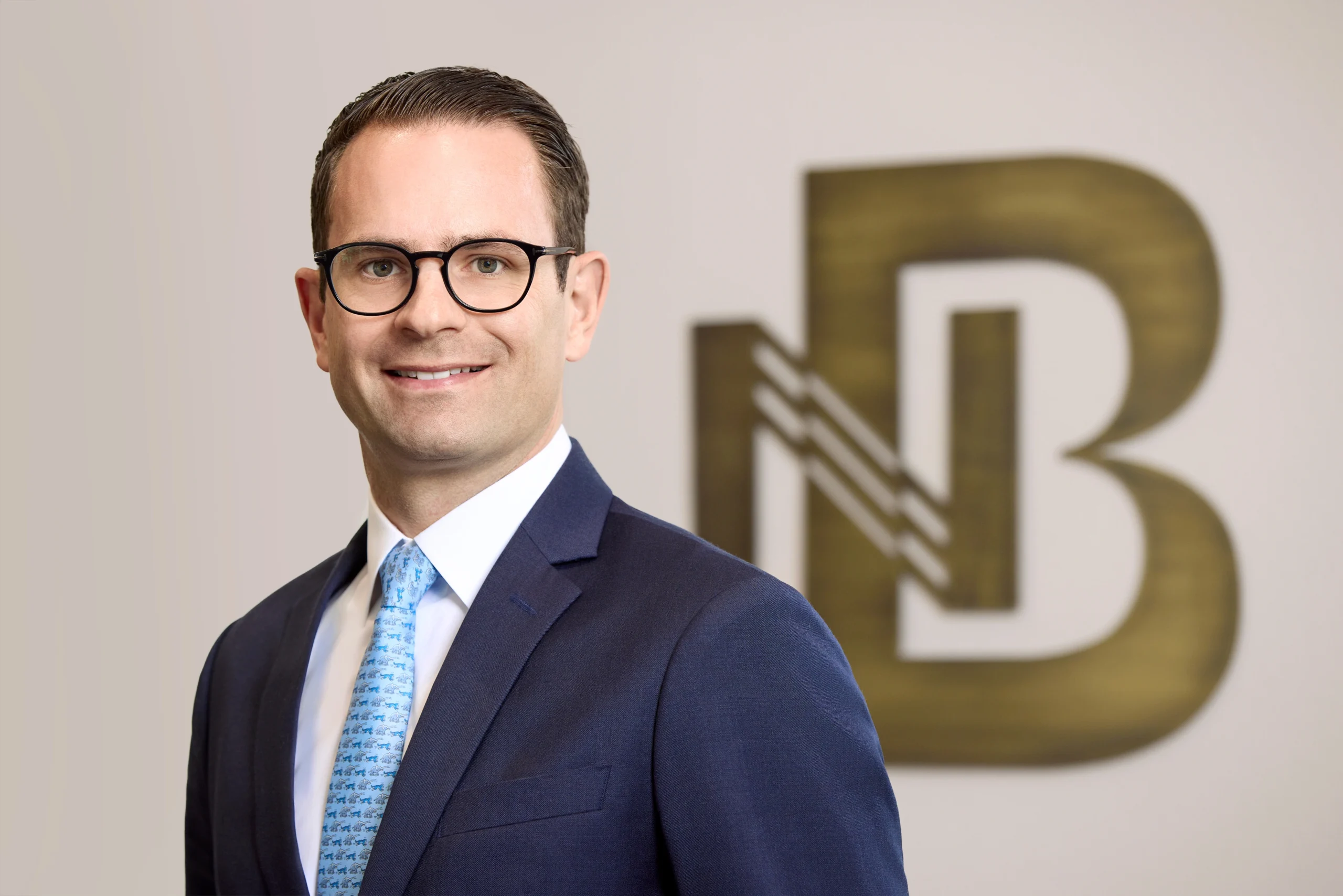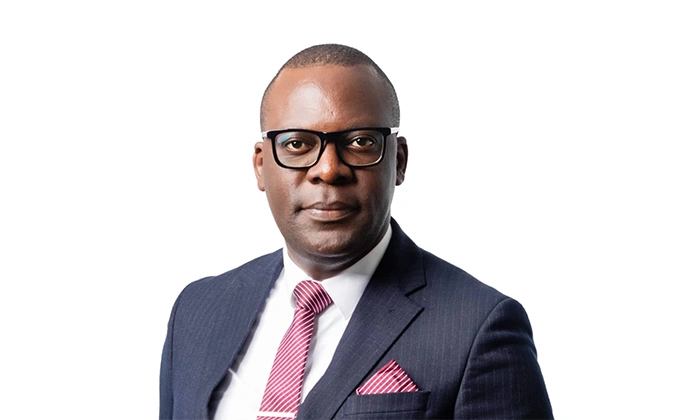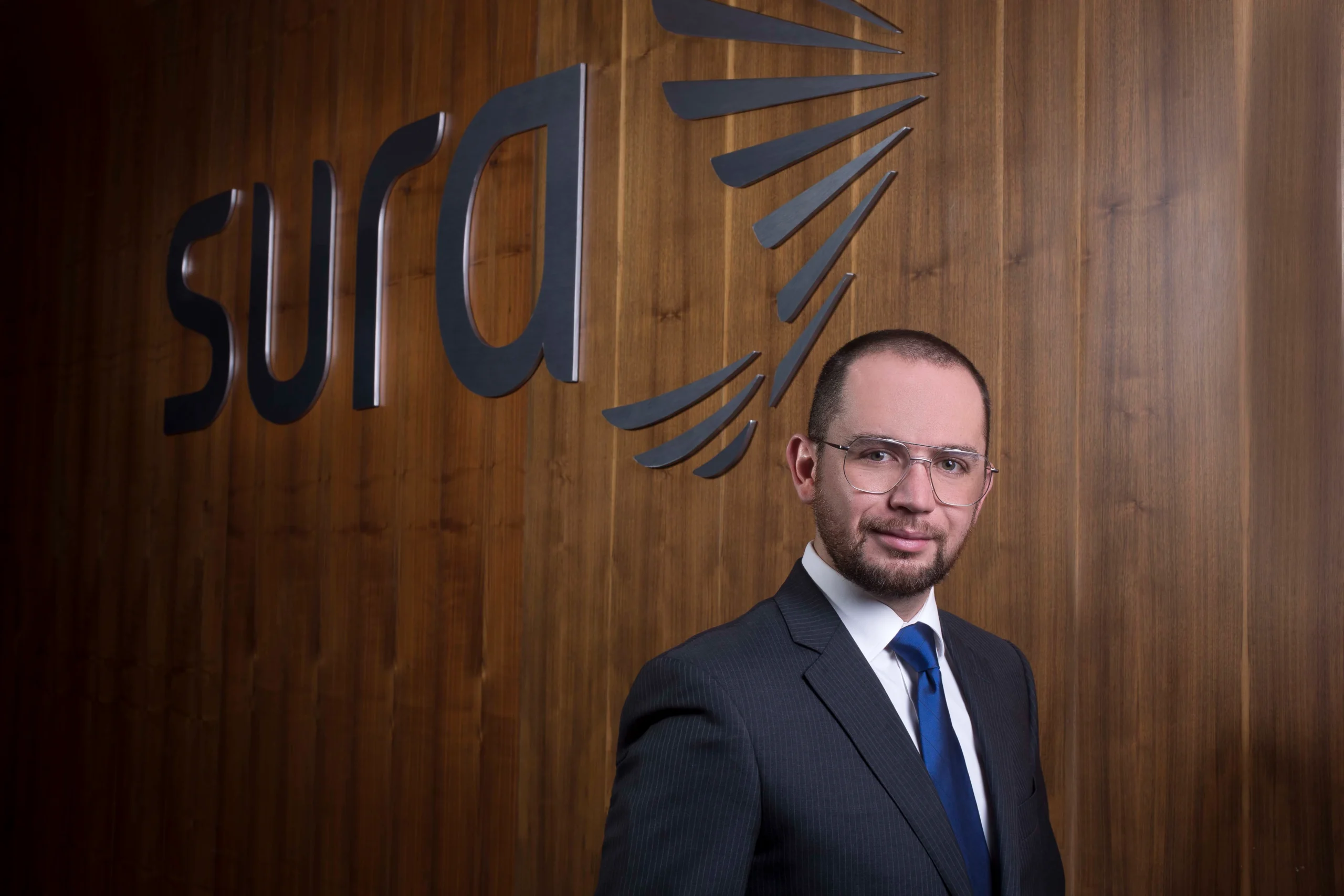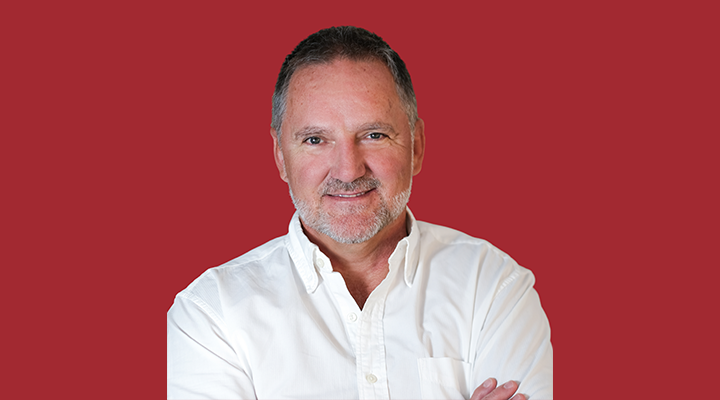What has changed in the way wealthy families structure their wealth?

John E. Kaye
- Published
- Banking & Finance, Home

ZEDRA explores what’s changed in the last year for family offices, wealthy families and their advisors as they look to manage and structure their wealth
In the business world, enthusiasm has waned slightly throughout 2020 as ‘Zoom fatigue’ became common. While video conferencing has helped companies continue to operate as they work from home, over time, people are missing the personal connection that comes from face-to-face communication with their network.
For wealthy families, however, there’s been renewed excitement for videoconferencing. For example, some families and their advisors try to come together once a year to discuss strategy, investments, succession, next-gen affairs, philanthropy and generally take stock of things. Even in a typical year, it isn’t easy to organise a meeting so that everyone is present. It is especially challenging to bring families together who live in different countries, as is increasingly the norm.
As a result of video conferencing, however, whole families have recognised that they can be present at that yearly family meeting via video. We’ve heard of several cases of everyone in the family coming together at a yearly family meeting for the very first time. In-person family meetings are always best. That said, there’s a new understanding that video can be a very viable alternative to ensure everyone gets together once a year if that is a priority for the family. Both families and their advisors are likely to see this as a very positive trend.
Succession planning to remain a priority for families without structures in place
For families with active business interests and investments, succession remains a priority – some families know they should have plans in place but haven’t yet done so.
Practically, we see two main factors that drive this trend. The first is that older generations don’t want to feel they are being pushed out of the driving seat; many of them have a genuine passion for their companies and investments, and they want to retain control for longer. The second is that it’s simply normal to retire later and work more assertively beyond what was once considered standard retirement age. Again, this fuels the trend that succession isn’t always considered as early as it possibly should be.
Setting up the structures to ensure there are plans for succession in the event of unexpected circumstances is still a top priority for many families and their advisors, and this will continue into 2021.
Seeking top talent and expertise without hiring in-house
Family offices, Investment Managers, wealthy families and their advisors are very astute when it comes to business and managing wealth. While many families have fared well in 2020, balancing the cost of managing wealth is always being considered, now more so than ever.
Families and their advisors aren’t looking for shortcuts, but they want the best quality at the best price, and they regularly review how to get the services they need while keeping their costs lean. Working with a trusted, expert partner who can absorb some of the necessary work that comes with setting up and running structures, back-office admin and lifestyle management is increasingly a preferred option. It keeps the family office lean, but families and their advisors still have the support they need.
ZEDRA works with smaller family offices, offering sophisticated services that complement the expertise and know-how of the family office team. It’s a cost-efficient way for family offices to operate, and it means they can benefit from top talent and expertise, without having to make permanent hires.
Further information
By Charlotte Murtagh, Head of Private Office at ZEDRA
RECENT ARTICLES
-
 Managing cross-border risks in B2B e-commerce
Managing cross-border risks in B2B e-commerce -
 J.P. Morgan launches first tokenised money market fund on public blockchain
J.P. Morgan launches first tokenised money market fund on public blockchain -
 Aberdeen agrees to take over management of £1.5bn in closed-end funds from MFS
Aberdeen agrees to take over management of £1.5bn in closed-end funds from MFS -
 Enterprise asset management market forecast to more than double by 2035
Enterprise asset management market forecast to more than double by 2035 -
 EU Chamber records highest number of entries for 2025 China Sustainable Business Awards
EU Chamber records highest number of entries for 2025 China Sustainable Business Awards -
 Inside Liechtenstein’s strategy for a tighter, more demanding financial era
Inside Liechtenstein’s strategy for a tighter, more demanding financial era -
 ‘Stability, scale and strategy’: Christoph Reich on Liechtenstein’s evolving financial centre
‘Stability, scale and strategy’: Christoph Reich on Liechtenstein’s evolving financial centre -
 Bridging tradition and transformation: Brigitte Haas on leading Liechtenstein into a new era
Bridging tradition and transformation: Brigitte Haas on leading Liechtenstein into a new era -
 Liechtenstein in the Spotlight
Liechtenstein in the Spotlight -
 Fiduciary responsibility in the balance between stability and global dynamics
Fiduciary responsibility in the balance between stability and global dynamics -
 Neue Bank’s CEO on stability, discipline and long-term private banking
Neue Bank’s CEO on stability, discipline and long-term private banking -
 Research highlights rise of 'solopreneurs' as technology reshapes small business ownership
Research highlights rise of 'solopreneurs' as technology reshapes small business ownership -
 Philipp Kieber on legacy, leadership and continuity at Interadvice Anstalt
Philipp Kieber on legacy, leadership and continuity at Interadvice Anstalt -
 Building global-ready funds: how South African managers are scaling through offshore platforms
Building global-ready funds: how South African managers are scaling through offshore platforms -
 Global billionaire wealth hits record as relocation and inheritance accelerate, UBS finds
Global billionaire wealth hits record as relocation and inheritance accelerate, UBS finds -
 Human resources at the centre of organisational transformation
Human resources at the centre of organisational transformation -
 Liechtenstein lands AAA rating again as PM hails “exceptional stability”
Liechtenstein lands AAA rating again as PM hails “exceptional stability” -
 Lusaka Securities Exchange surges ahead on reform momentum
Lusaka Securities Exchange surges ahead on reform momentum -
 PROMEA leads with ESG, technology and trust in a changing Swiss market
PROMEA leads with ESG, technology and trust in a changing Swiss market -
 Why collective action matters for pensions and the planet
Why collective action matters for pensions and the planet -
 Structuring success with Moore Stephens Jersey
Structuring success with Moore Stephens Jersey -
 PIM Capital sets new standards in cross-jurisdiction fund solutions
PIM Capital sets new standards in cross-jurisdiction fund solutions -
 Innovation, advisory and growth: Banchile Inversiones in 2024
Innovation, advisory and growth: Banchile Inversiones in 2024 -
 Digitalization, financial inclusion, and a new era of banking services: Uzbekistan’s road to WTO membership
Digitalization, financial inclusion, and a new era of banking services: Uzbekistan’s road to WTO membership -
 Fermi America secures $350m in financing led by Macquarie Group
Fermi America secures $350m in financing led by Macquarie Group



























